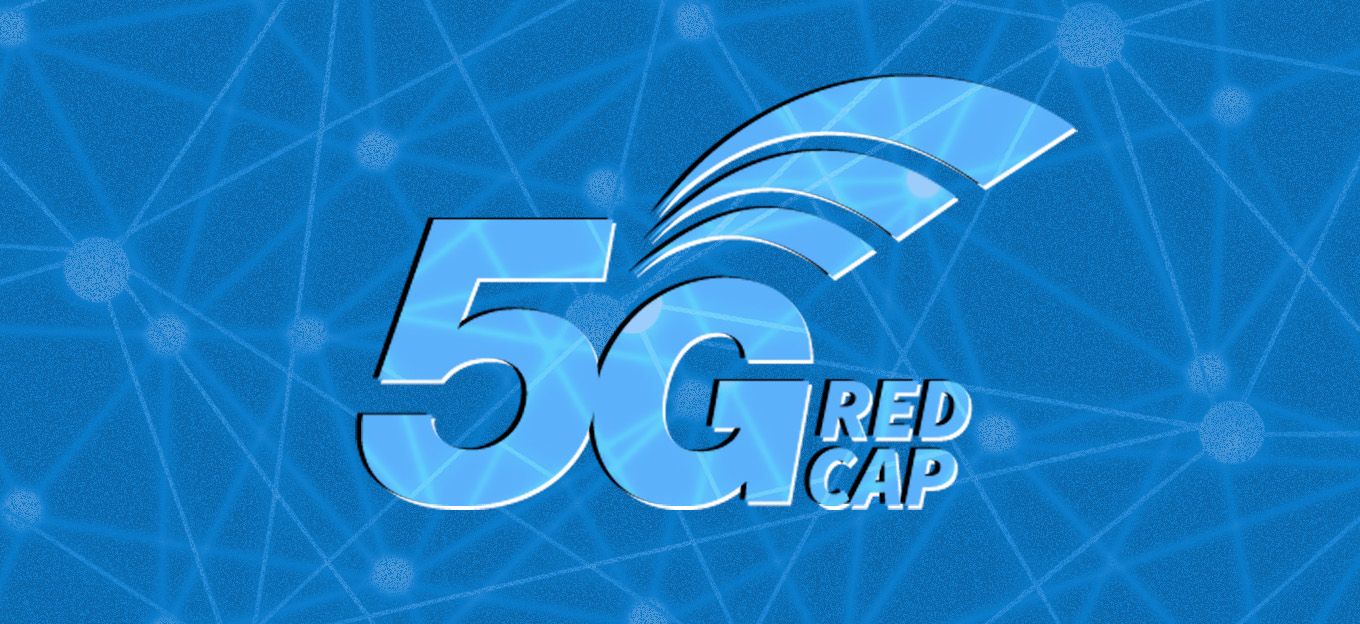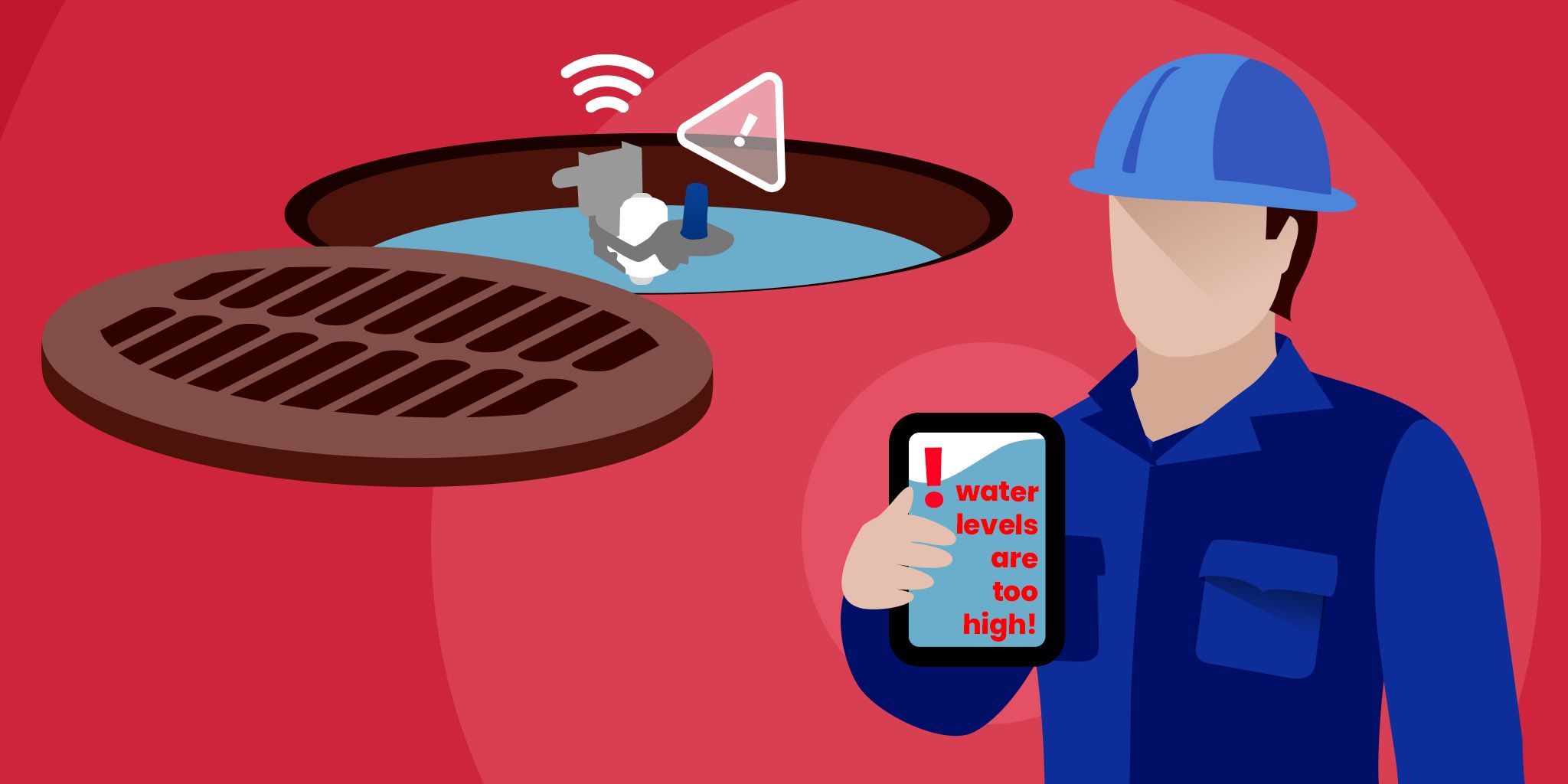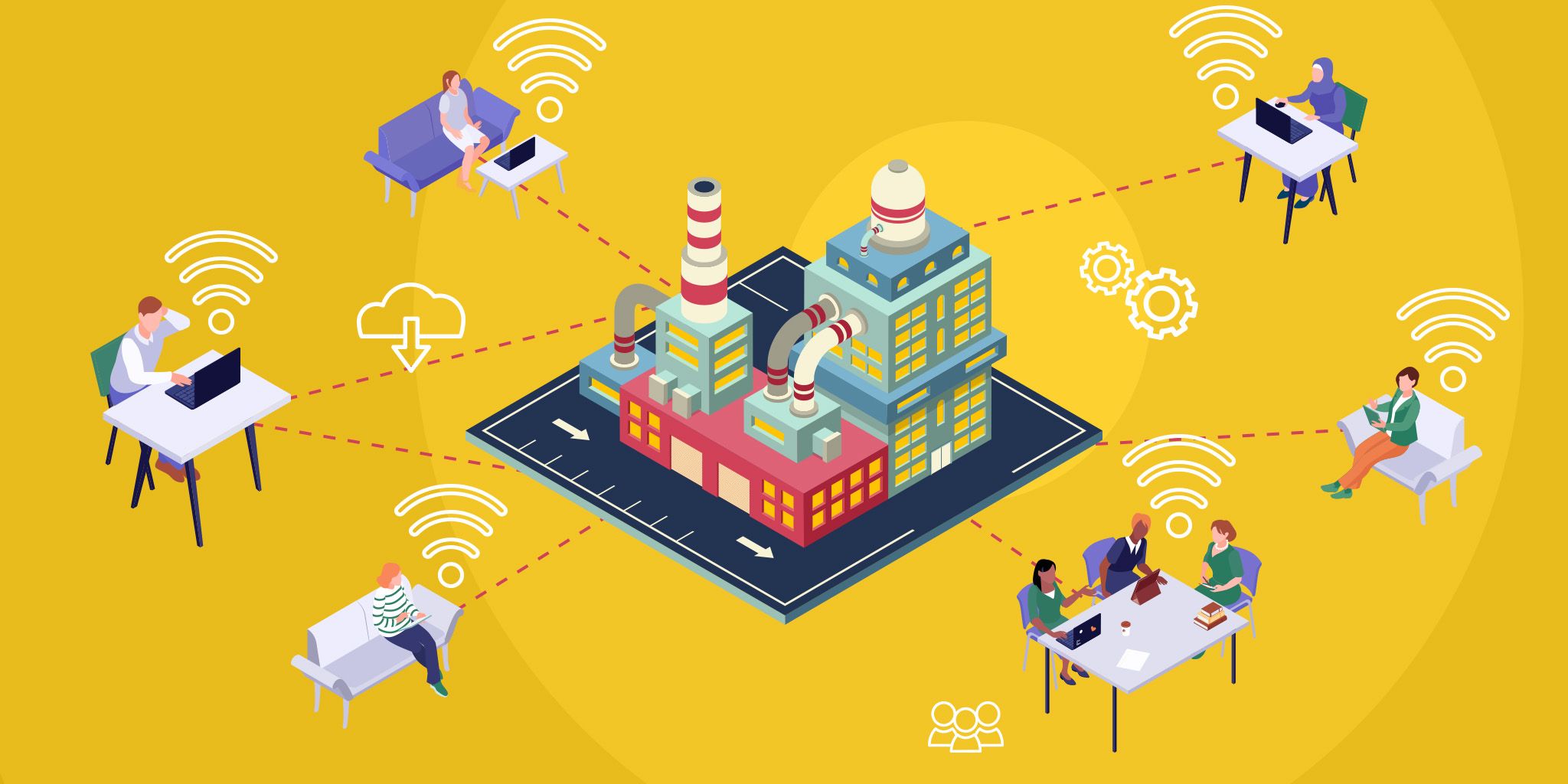Summer of Soccer: How Will 5G and IoT Change The Beautiful Game?
Summer of Soccer: How Will 5G and IoT Change The Beautiful Game?
- Last Updated: December 2, 2024
Ericsson
- Last Updated: December 2, 2024



Wherever you are spending the summer, it will surely be hard to escape from the conversation of "that penalty call", "that red card" or "that VAR decision". In a soccer-crazy household, this kind of talk will no doubt cause a few heated debates over the coming months with as many as four major tournaments taking place simultaneously.
The soccer party kicked off in style with the 2019 FIFA Women's World Cup and, if that's not enough, fans also have the Gold Cup, Copa America and African Cup of Nations to look forward to. But, amid the hype, I can't help but wonder how we will experience the next tournament in four years' time. With 5G sure to be in its prime (and unleashing a whole locker room of exciting IoT technologies), how can we expect this to impact our relationship with the beautiful game?
In fact, there are already many different Applications in development which can already offer us a taste of the future. For the players: from intelligent training and analytics to immersive AR playing experiences. For the fans: high-capacity, low-latency stadium connectivity. Below, I've picked out three of the most exciting developments.
1. Intelligent Sports Analytics
In elite sports, it's the finest details which make all the difference. The sports science side of the game is already extremely advanced, so it would be difficult to imagine just where we go next. So, how about we test this theory: the Internet of Things will revolutionize almost every aspect of society and industry, creating all of these wonderful smart factories and sustainable cities. What if that model was adapted to the football pitch? In training, what if complex tactical plays were brought to life in real-time through drones and live analytics? In matches, what if the movements and exertions of opposition players were analyzed in real-time so coaches and players could predict what will happen next? As Nadia Nadim of the Danish national team and Paris Saint-Germain says: "[This] is going to be game-changing".
2. Immersive Soccer Experiences
In preparation for crunch matches, it's not unusual for soccer teams to train against teams with similar attributes to the opposition, with players often being asked to imitate the movements and style of key players. This got me thinking: what if, in four years' time, elite sports teams had the technology to experience real-life set pieces and tactical plays against virtual representatives of the opposition players themselves? With 5G, this idea moves a huge step closer to reality – enabled through artificial intelligence, augmented reality and ultra-low latency connectivity. What if we, as consumers and gamers, also had access to this? Can you imagine your son or daughter training against the likes of Lionel Messi? Quite the difference to your old school friends, don't you agree?
As the last summer before increasingly widespread market deployment of 5G, could this be the last time we experience soccer as we know it? 5G and IoT could bring major changes to soccer over the coming years.
3. Unrivaled Stadium Connectivity
As anyone that has ever been to a stadium event can testify, it's not always easy to send videos or stream that other game that's happening at the same time. With data traffic growing by as much as 82 percent year on year and looking to skyrocket as consumer 5G rollout intensifies over the coming years, we sports fans demand a solution now. The good news: through connected stadium solutions, Ericsson is already thinking about new, inventive ways to improve connectivity for match-goers. What's more, behind the scenes, they're continuing to find inventive ways to support the increasing demand for both multiplied capacity and multi-sensory viewing. With enhanced 5G technology at events and the expected market-deployment of smart wearables over the coming years, one can only imagine what's possible – for fans, players and officiating teams alike. Intuitive player analytics/interaction, millisecond lag on supporter streaming services, real-time (millimeter precision) offside calls. Whatever happens, the matchday experience will never be the same again.
Enjoy the Festival of Soccer this Summer!
Whatever happens to the beautiful game in the future, soccer romantics needn't be alarmed. Even with ultra-low latency and immersive technologies, the sport will still remain human. And those things that we love – the passion, the imperfections, the human errors – will continue to rule our weekends. So, expect, in four years' time, to still have those conversations about "that red card", "that VAR decision" or "that penalty call". Whichever team you're supporting this summer, enjoy the festival!
The Most Comprehensive IoT Newsletter for Enterprises
Showcasing the highest-quality content, resources, news, and insights from the world of the Internet of Things. Subscribe to remain informed and up-to-date.
New Podcast Episode

IoT in 2026: Trends and Predictions
Related Articles





